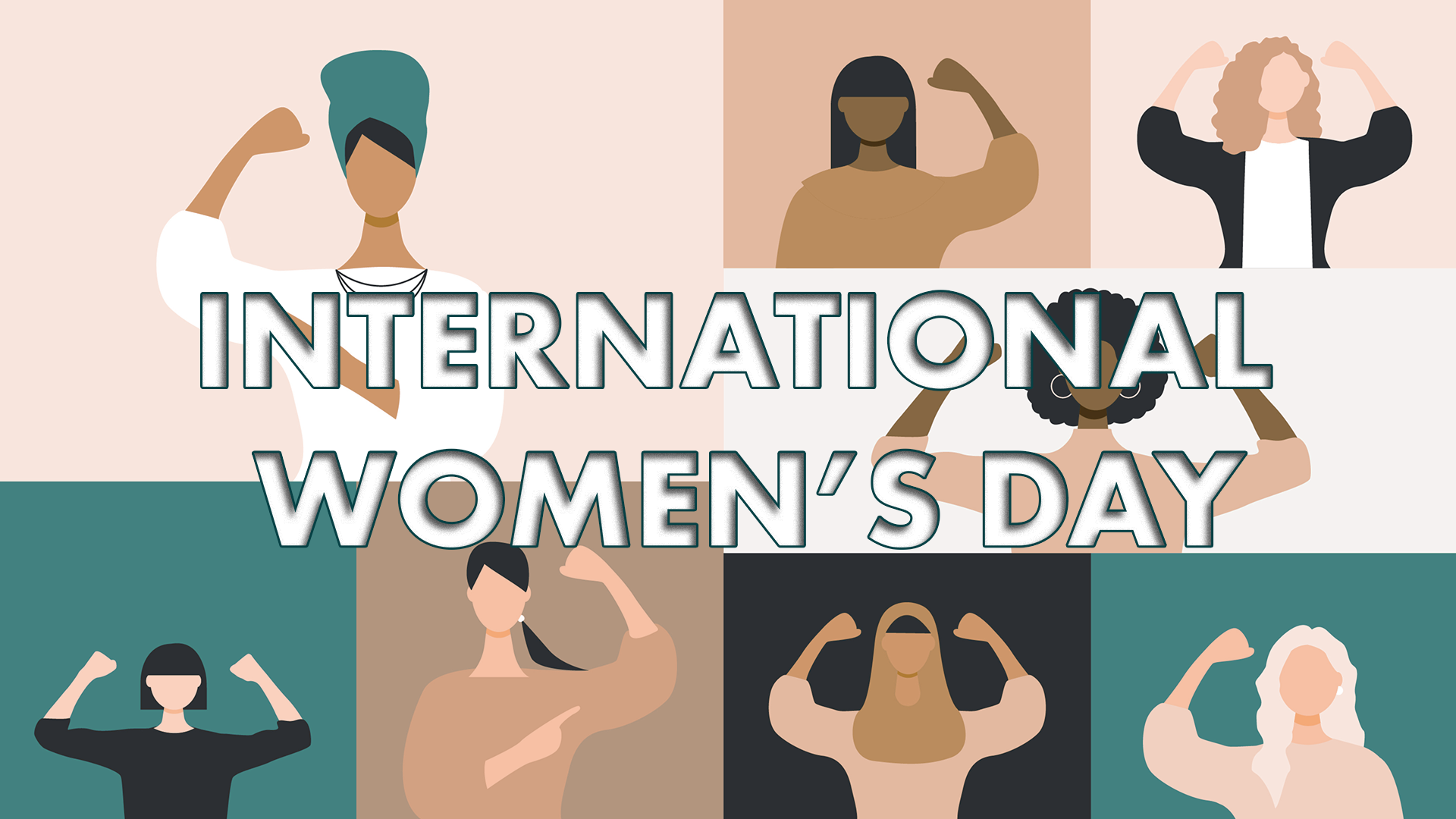
Gender equality isn’t just a noble goal—it’s a fundamental human right. Yet, according to the World Economic Forum, at the current rate of progress, full gender parity won’t be reached until 2158—five generations from now. That means a girl born today could live her entire life without seeing true equality in pay, leadership, or opportunity.
International Women’s Day (IWD) serves as both a celebration of the progress women has fought for and a rallying cry to tackle the challenges that still stand in the way of true equality.
Why International Women’s Day Matters.
International Women’s Day (IWD) is celebrated annually on 8th March and serves as more than just a symbolic date. It is a global movement with three key aims, as outlined by the IWD website:
- Celebrate women’s achievements
- Raise awareness about discrimination
- Take action to drive gender parity
Since its first observance in Austria, Denmark, Germany, and Switzerland in 1911, IWD has grown into a worldwide platform for advocating women’s rights.
However, despite over a century of activism, gender equality remains far from reality.
Consider these statistics to understand the state of gender equality around the world:
- On a global level, there’s been little progress on gender equality since 2015, with the Index score improving by less than two points to just 67.8 out of a 100 (where 100 represents full equality).
- Today women enjoy less than two-thirds of the legal rights available to men—not three-quarters as previously estimated.
- The gender pay gap is at 20% worldwide
- One in three women globally have already suffered physical or sexual violence.
- Women make up 42% of the global workforce and 31.7% of senior leaders, lagging behind men in nearly every industry and economy.
This Year’s Theme: ‘Accelerate Action’
Each year, International Women’s Day is guided by a theme that reflects the most pressing issues for gender equality. In 2024, the theme is ‘Accelerate Action’—a powerful call to push beyond conversations and drive tangible progress.
Accelerate Action urges individuals, organisations, and governments to go beyond awareness and actively implement strategies that advance women’s rights. While progress has been made, significant barriers still exist, and only through deliberate, collective effort can we create a world where women’s opportunities, rights, and representation are no longer up for debate, but a given.
The fight for equality cannot wait another century.
Driving Workplace Equality: Key Strategies for Change
The IWD website has outlined key strategies to accelerate action for women in the workplace, including:
- Leadership Commitment: Ensure senior leaders champion gender equality with clear, measurable goals.
- Equitable Hiring: Use bias-free recruitment, diverse interview panels, and inclusive job descriptions.
- Work-Life Balance Support: Offer flexible work policies, parental leave, and caregiver support.
- Mentorship & Sponsorship: Provide structured mentorship and executive sponsorship to advance women’s careers.
- Bias & Inclusion Training: Regularly educate employees on unconscious bias and inclusive leadership.
- Equal Pay: Conduct pay audits, ensure transparency, and address wage gaps.
- Inclusive Workplace Culture: Enforce zero-tolerance policies for harassment and foster employee resource groups.
- Career Development: Ensure equal access to leadership training, promotions, and career growth opportunities.
- Harassment Prevention: Implement clear policies, reporting mechanisms, and workplace education.
- Data-Driven Decisions: Track gender diversity metrics and take action to close gaps.
Read the full actions here
Pioneering Women in Creativity: Shaping Industries, Breaking Barriers
Retta Scott: The Woman Who Changed Animation
To mark International Women’s Day, Mia, our talented graphic designer, has created a short animation honouring Retta Scott—a woman whose talent and determination changed the face of animation.
For decades, animation was a male-dominated industry—until pioneers like Retta Scott changed the narrative. She wasn’t just the first female animator at Disney; she was the first woman to receive screen credit as an animator, proving that skill and creativity know no gender.
Scott’s sketches of hunting dogs in Bambi left her male peers in awe—challenging outdated notions of what women in animation could achieve. Alongside pioneers like Bianca Majolie (Disney’s first female story artist), Sylvia Holland (a key contributor to Fantasia), and Mary Blair (the visionary behind Cinderella and Peter Pan), Scott helped demonstrate that women’s artistic talent belonged at the forefront of animation.
Retta Scott’s ground breaking achievements in animation reflect the very essence of this year’s International Women’s Day theme, ‘Accelerate Action’. Just as Scott defied industry norms to carve a space for women in animation, today’s movement calls for deliberate efforts to break down barriers and advance gender equality—not just in animation, but across all fields.
The time to act is now.
International Women’s Day is more than just a celebration—it’s a call to action. While progress has been made, there is still much to do. True equality will only be achieved through collective action, bold leadership, and ongoing commitment.



